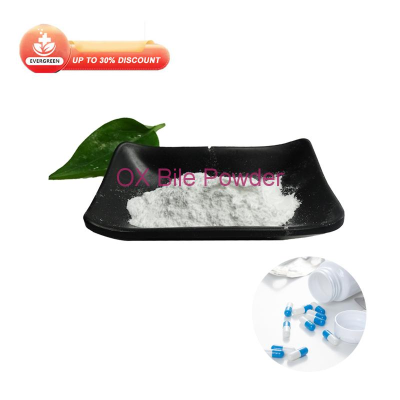-
Categories
-
Pharmaceutical Intermediates
-
Active Pharmaceutical Ingredients
-
Food Additives
- Industrial Coatings
- Agrochemicals
- Dyes and Pigments
- Surfactant
- Flavors and Fragrances
- Chemical Reagents
- Catalyst and Auxiliary
- Natural Products
- Inorganic Chemistry
-
Organic Chemistry
-
Biochemical Engineering
- Analytical Chemistry
- Cosmetic Ingredient
-
Pharmaceutical Intermediates
Promotion
ECHEMI Mall
Wholesale
Weekly Price
Exhibition
News
-
Trade Service
Editor in charge: Food Science
Original title: Research results of Professor Song Huanlu, School of Food and Health, Beijing Technology and Business University on the difference in aroma of cinnamon Wuyi rock tea at different roasting temperatures
Recently, the team of Professor Song Huanlu from the Department of Food Quality and Safety of the School of Food and Health published a titled "Differences of characteristic aroma compounds in Rougui tea leaves with different roasting temperatures analyzed by switchable" in the international Top journal "Food & Function" (IF=4.
The roasting process is the key process that distinguishes Wuyi rock tea from other oolong teas, and it is also an important factor affecting the aroma profile of Wuyi rock tea
This research mainly focuses on the roasting process of Wuyi rock tea, using a new switchable one-dimensional and two-dimensional gas chromatography-sniffing-mass spectrometry technology (A switchable system between GC-O-MS and GC × GC-O -MS), comprehensively identified 52 kinds of aroma active compounds in cinnamon Wuyi rock tea, revealing the essence of the difference in aroma of cinnamon Wuyi rock tea at different roasting temperatures
This article was supported and helped by researcher Xu Yongquan from the Tea Research Institute of the Chinese Academy of Agricultural Sciences, Professor Michael Granvogl from Hohenheim University in Germany, and Lin Yanping from the School of Tea and Food, Wuyi University
(This article is reprinted by "Food Science Network", and the article comes from Beijing Technology and Business University
This article is an English version of an article which is originally in the Chinese language on echemi.com and is provided for information purposes only.
This website makes no representation or warranty of any kind, either expressed or implied, as to the accuracy, completeness ownership or reliability of
the article or any translations thereof. If you have any concerns or complaints relating to the article, please send an email, providing a detailed
description of the concern or complaint, to service@echemi.com. A staff member will contact you within 5 working days. Once verified, infringing content
will be removed immediately.







